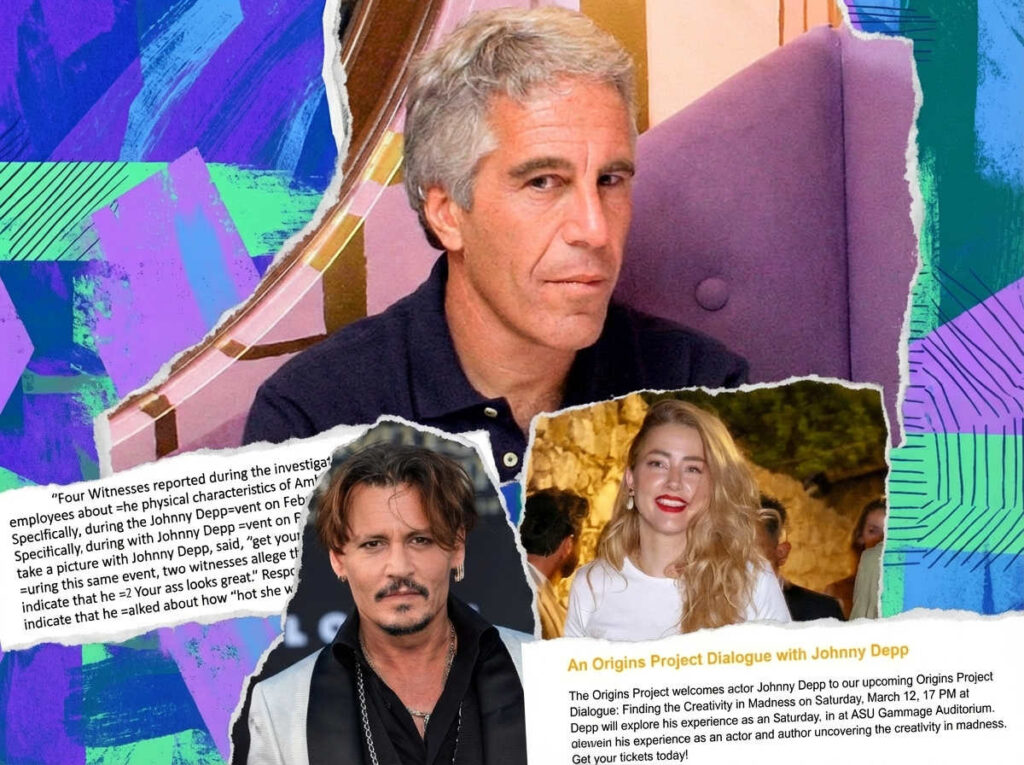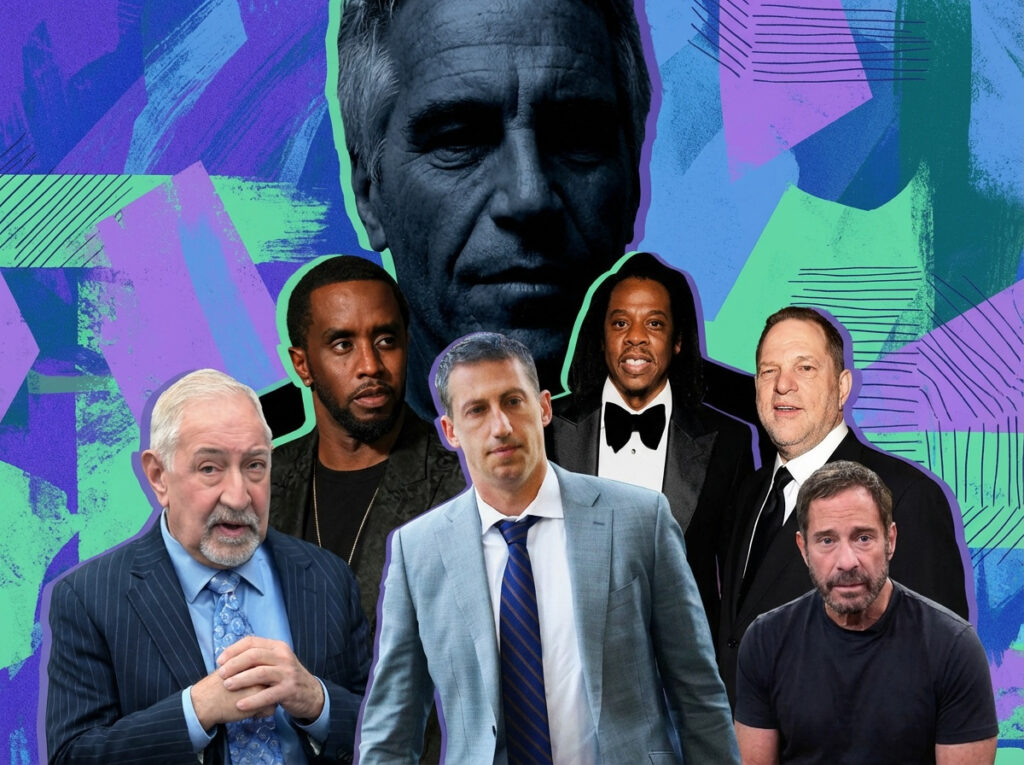In a powerful reaffirmation of her courage, Miriam Haley took the stand once more against Harvey Weinstein during his recent retrial, leading to a jury conviction for sexual assault committed in 2006. This verdict marks a pivotal moment in a case that has reverberated through the #MeToo movement and beyond.
After her initial testimony in 2020, the overturning of Weinstein's prior conviction by a New York appeals court last year compelled Haley to act. "I have to stand up for myself. I have to stand up for the truth," she shared, motivated by a podcast attempting to vindicate Weinstein. As one of only three women to testify in the six-week retrial, Haley's voice resonated as a clarion call for justice, contributing to increasing awareness around sexual violence.
Haley recounted in the courtroom how Weinstein's abuse unfolded in 2006. She described their first meeting in France, where Weinstein approached her under the guise of discussing work opportunities, only to later assault her in his New York apartment. The courtroom atmosphere was charged as she recalled the night of the attack, reliving both the trauma and the violations she endured—not only once, but now as part of a public trial.
In a poignant moment, Haley expressed the daunting nature of returning to the stand, stating that recounting her harrowing experience was "exhausting" and "invasive." Cross-examination from Weinstein’s defense attorney, known for her aggressive techniques, triggered an outpouring of emotion, yet Haley's resolve remained unwavering, asserting, "He was the one who raped me."
Despite the mixed outcomes of injustice- as Weinstein was acquitted of a second woman's allegations and the jury deliberated on a third case—the conviction for Haley was a milestone in the ongoing struggle against sexual misconduct. With many women, including Haley, stepping forward fueled by shared experiences and stories of courage, the #MeToo movement continues to gain momentum, challenging societal perceptions of victims.
Haley’s journey from silence to warrior of truth illustrates the perennial battles faced by survivors. Echoing a hopeful sentiment post-verdict, she noted, “It still happened, from my perspective.” For her, the trial served as more than an individual victory; it was a crucial narrative of empowerment for others navigating their trauma in the shadow of powerful perpetrators.
Now, as a freelance producer who finds solace in Mexico, the conclusion of Weinstein's retrial offers a long-awaited closure to a painful chapter of her life. "Even me showing up this time feels like a small victory," she remarked, emphasizing the importance of her testimony for the sake of truth and for all women who have endured similar struggles. The ripples of her bravery could inspire lasting changes in society's understanding of sexual violence, making every voice lifted a crucial element of the collective fight for justice.






















